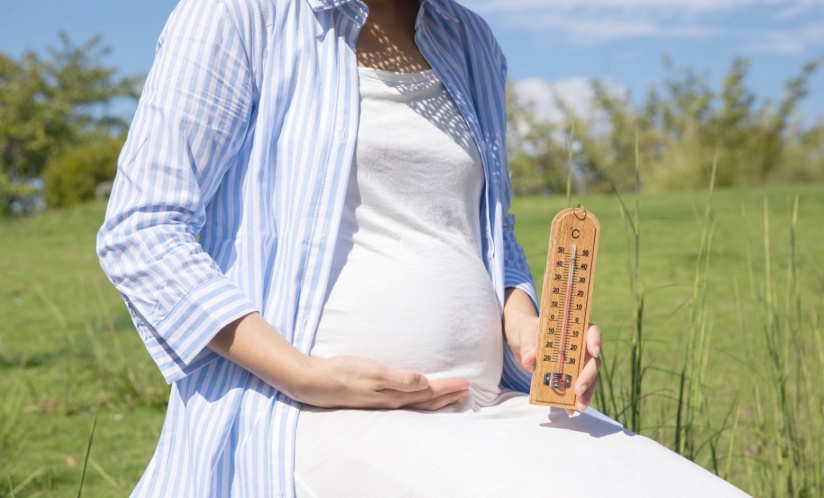Study: Extreme Heat Exposure in Early Pregnancy Increases Risk of Neural Tube Defects

Every year, over 2,000 babies in the U.S. are born with severe birth defects of the brain and spine called neural tube defects (NTDs). The two most common NTDs are spina bifida and anencephaly.
A recent study from Rollins researchers published in Environmental Research investigated the link between extreme heat exposure and NTDs in Georgia. Although previous research found that heat exposure from sources like hot tubs and saunas during pregnancy increased the risk of NTDs, this is one of the first studies to examine the effect of extreme environmental temperatures.
What They Found
Researchers used Georgia county-level daily temperature data to determine extreme heat exposure before and during the first six weeks of pregnancy. They found:
- As exposure to extreme heat during early pregnancy increased, so did the risk of NTDs.
- This relationship was stronger for cases of spina bifida than cases of anencephaly.
This means that rising temperatures and increasing numbers of extreme heat days due to climate change could impact the rates of serious birth defects like NTDs, which could in turn affect the health of future generations.
What the Experts Say
“Climate change presents a major urgent public health threat. Therefore, it is imperative to continue to evaluate the impacts of extreme ambient heat on human health, particularly among vulnerable groups such as pregnant people and infants,” says Sarah LaPointe, PhD, co-lead author.